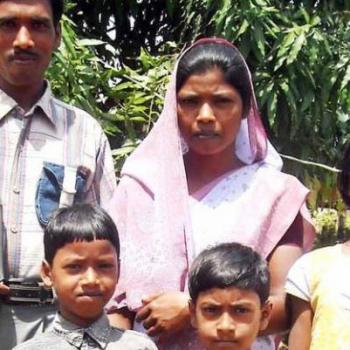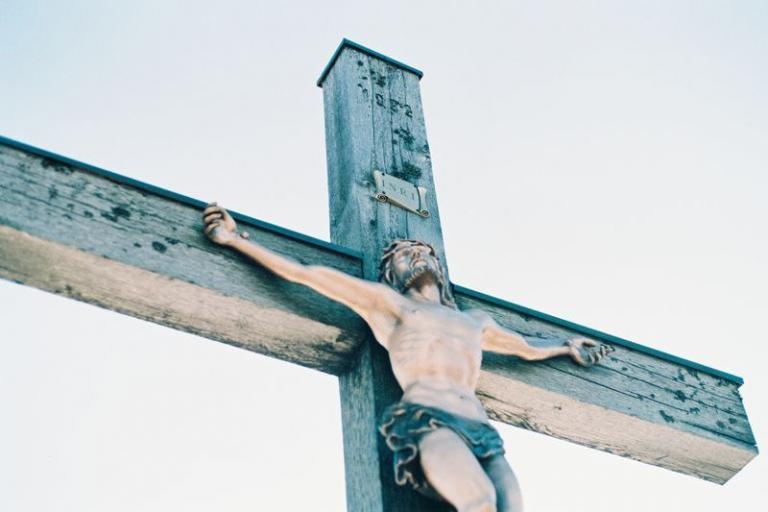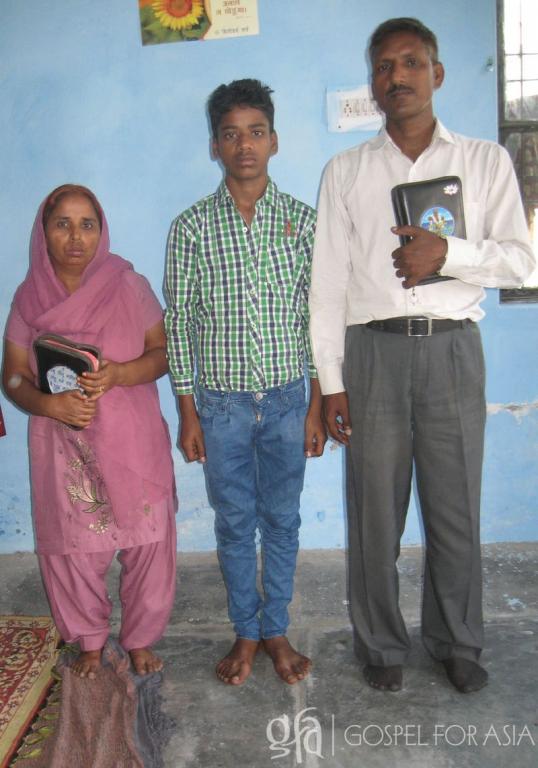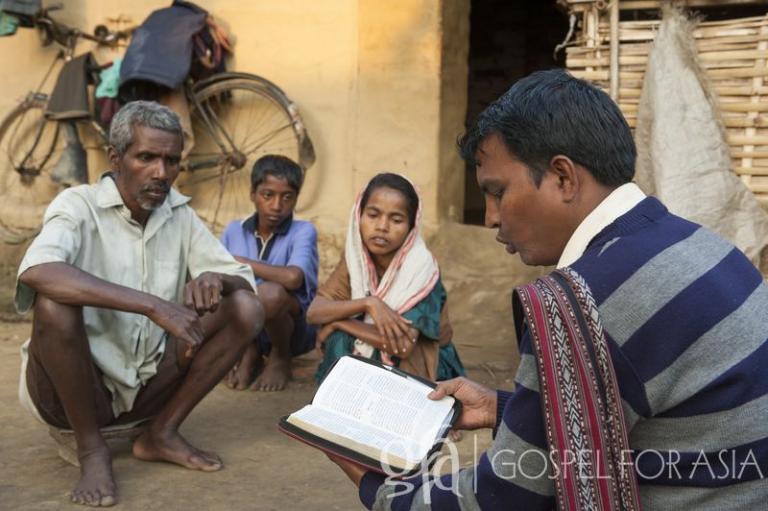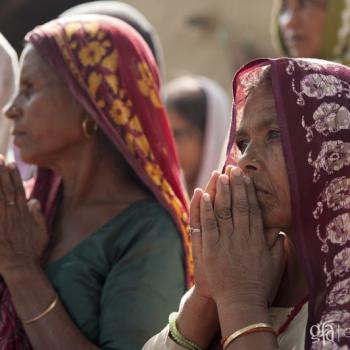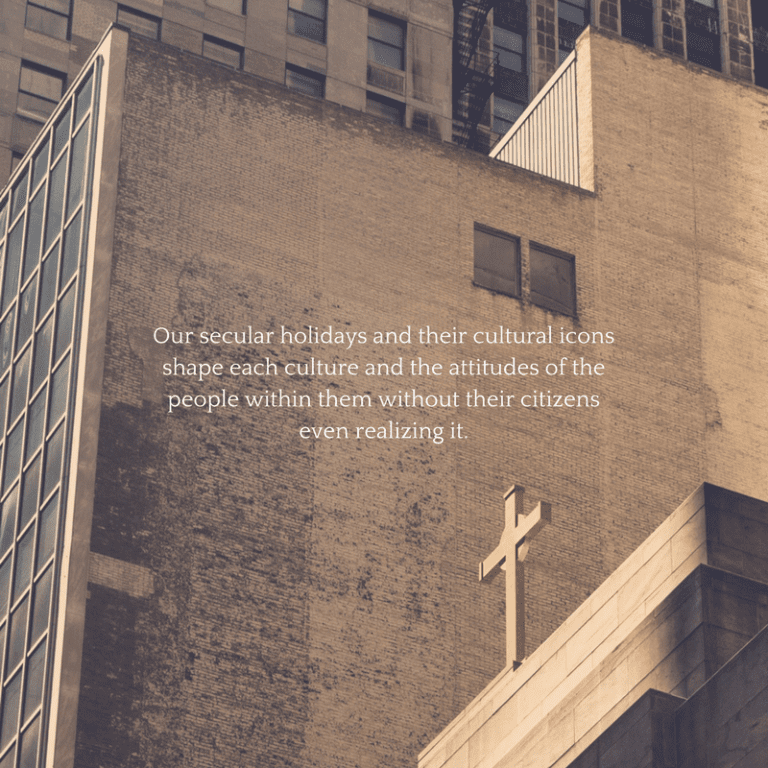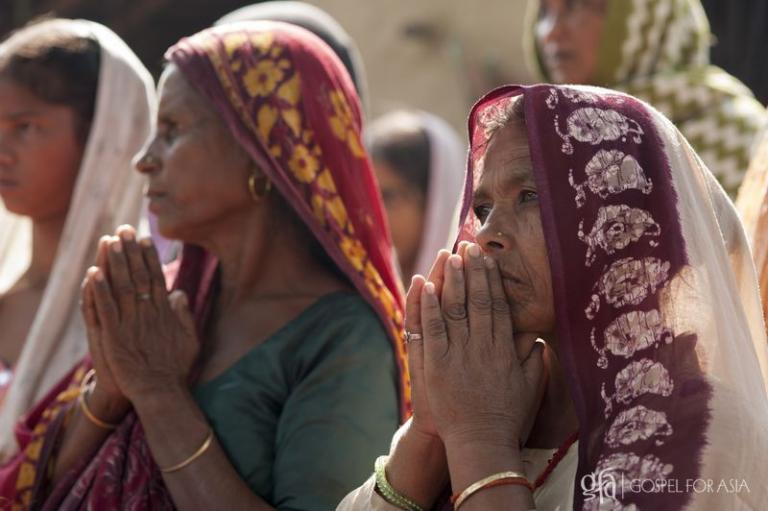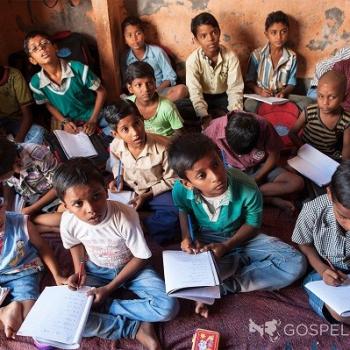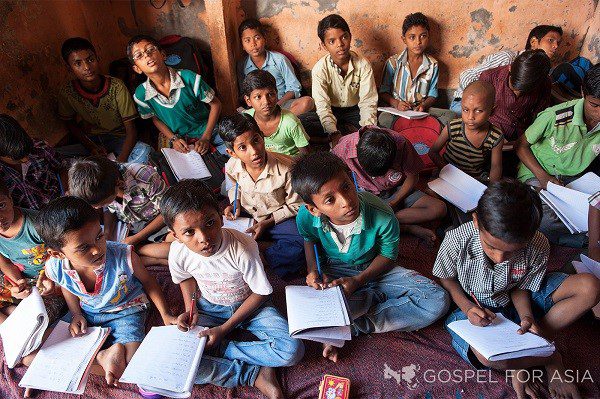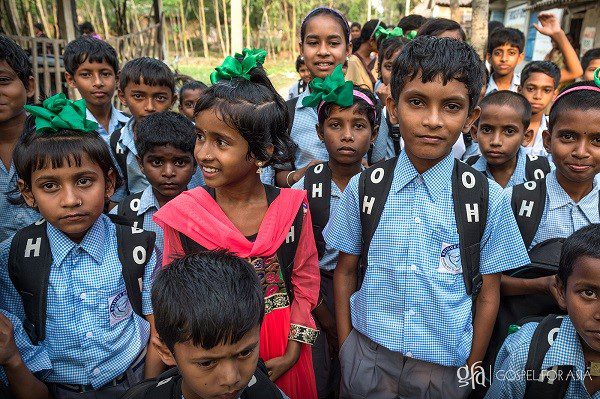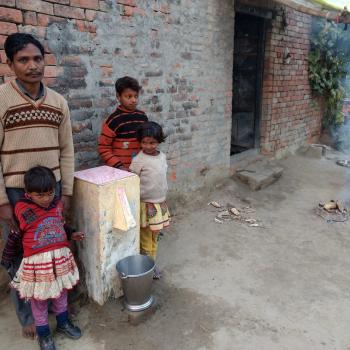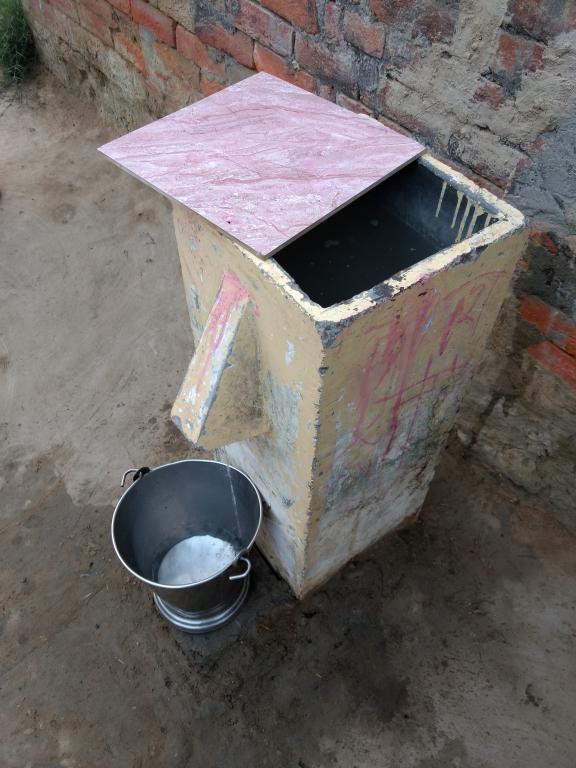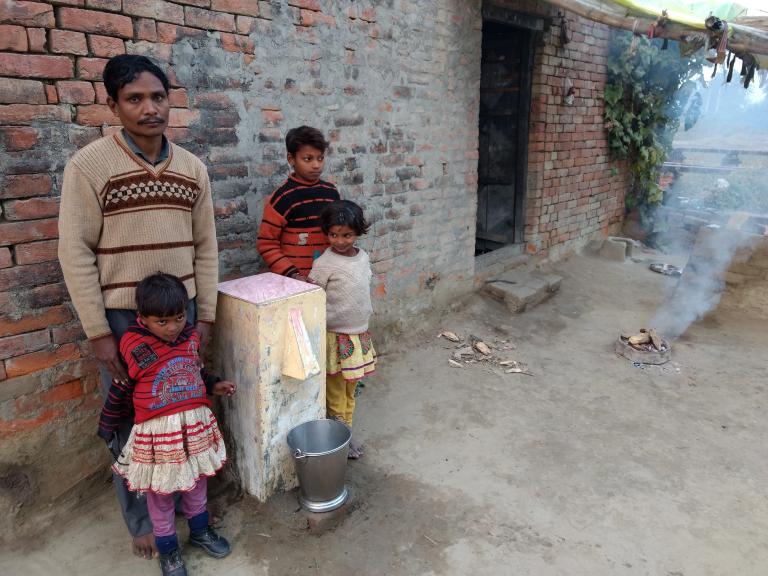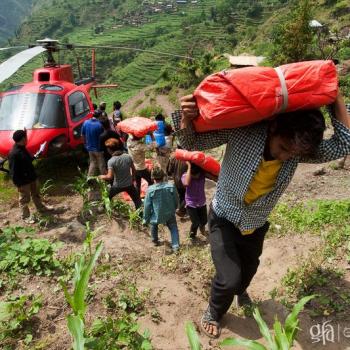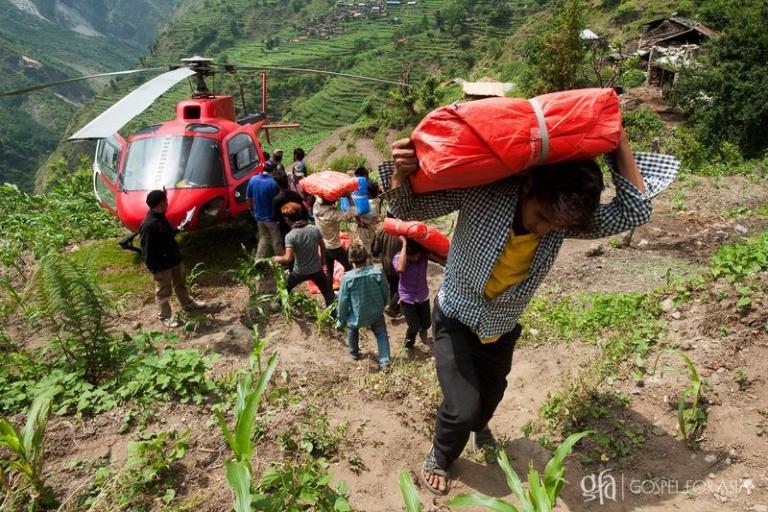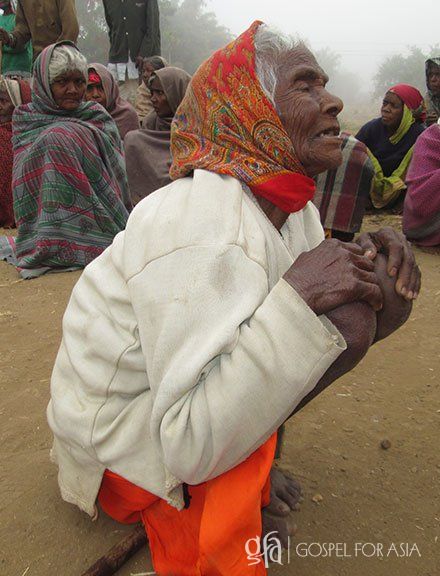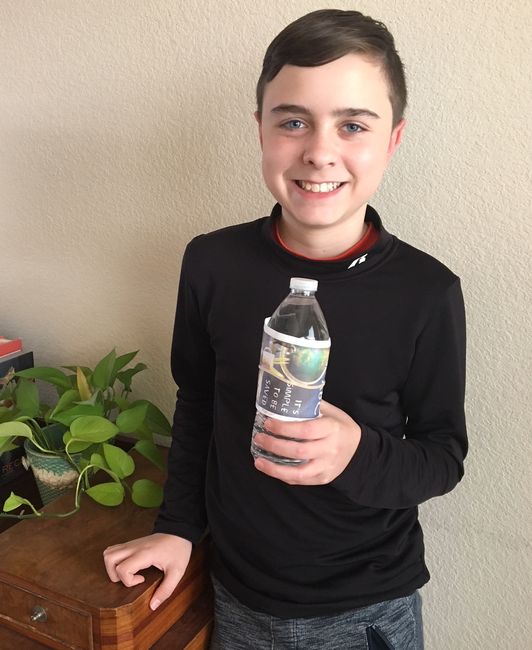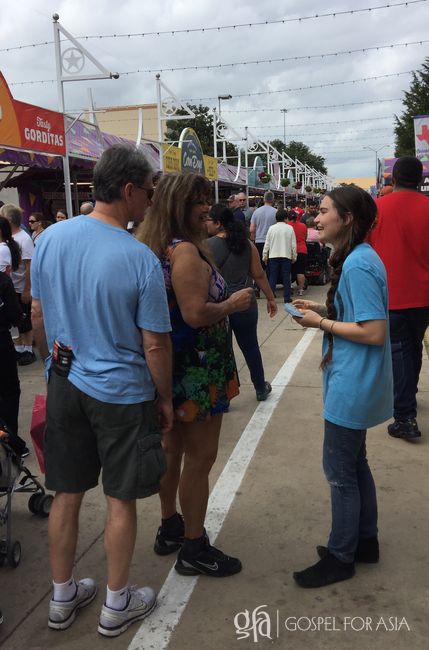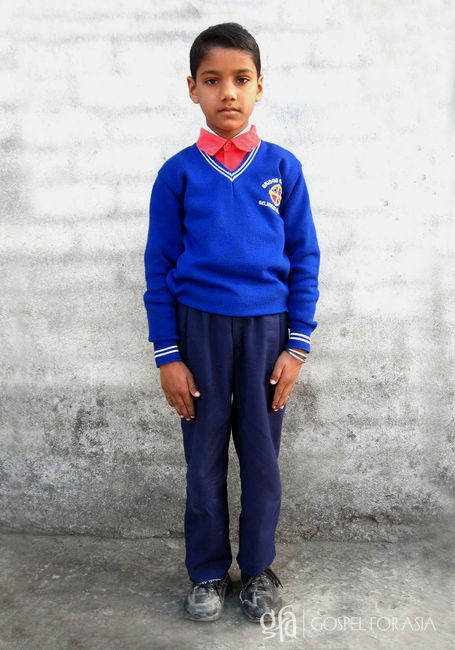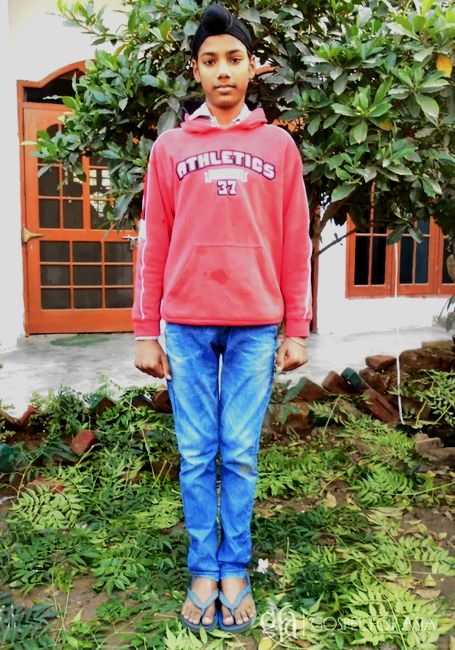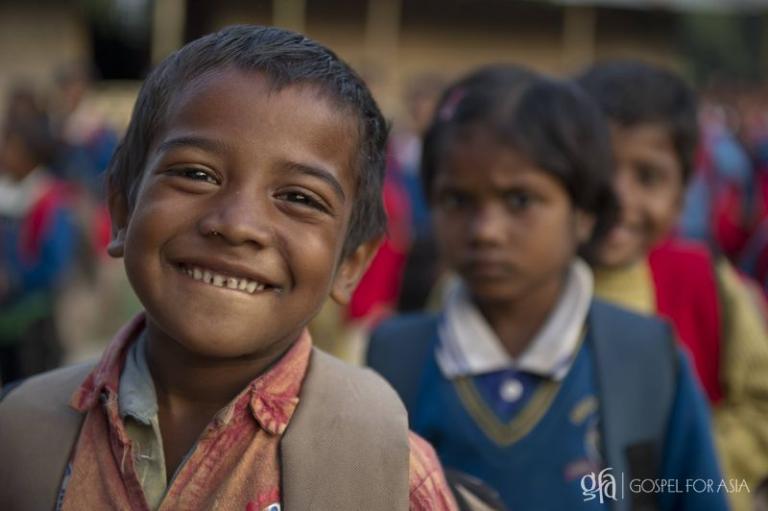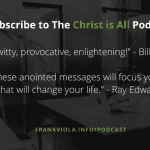An Invitation to Billy Graham’s Funeral, by Karen Burton Mains
A few days after Billy Graham died, David, my husband, received a phone call from the Billy Graham Association. A very young voice on the end of the line informed us we were being invited to attend Billy’s funeral in Charlotte, North Carolina. We were surprised, to say the least; it has been a couple decades since we were involved in national media ministry. In the intervening years, we’ve ministered locally and quietly. As one friend commented to us, “It used to be that everyone knew who you are; now no one knows who you are.” That is true, and in some ways, a relief.
So it was with some slight satisfaction to discover that our names were included on the guest list of 2,000 for this event that would mark the passing not only of a good man but one whom God had used in ways beyond human imagining. Indeed, due to the holy anointing upon Billy Graham, literally hundreds of thousands had found faith in Christ. We accepted tickets for two invites and printed off the digital copies as well as instructions on times for the service, places to park and which shuttles to take to the Billy Graham Library, where a big tent had been erected for the service.
One of Graham’s adult children following his death at age 99 on February 21, said, “Everyone has a Billy Graham story.” I suppose that is near to being true. I remember as a child of 7 being taken by my mother to a Moody Bible Institute faculty gathering. My father was on the music staff, and it was a rather small group, maybe some 100 or so of staff, faculty and wives of faculty (and one little girl). I remember that my mother wanted me to hear Billy Graham. He was young, according to my figuring; just 31 years of age. I remember I was deeply moved by his explanation of salvation and stood when he issued an invitation, just a little child in a small audience of adults. Looking back, I think it was not so much a conversion as it was a public confession of faith. However, in the years following, I never doubted my salvation, and I made many public statements of faith. That’s my Billy Graham story.

There was a problem, however, with the timing of the invitation to Billy’s funeral. I was due for laparoscopic surgery to repair a para-esophageal hernia that had grown huge in my belly, wrapped itself around my stomach and upper colon and was sitting ready to close off the blood flow to vital organs in that physical arena. Surgery was scheduled for Monday, February 26 at 8 a.m. Billy’s funeral was scheduled for Friday, March 2, four days later, at 10 a.m.
Though I construed, schemed and worked at constructing an alternative post-operative reality (I could recover in the back of the car driving down; David could fly to Charlotte without me), the truth was, none of them would work. I was much too uncomfortable after surgery to ride for hours in the car; I could barely haul myself out of bed without help. David wouldn’t think of leaving me; he stuck nearby for the whole first two weeks of recovery. Much more of a realist, my husband basically pulled the plug on my schemes: “We can’t possibly do this!” So a few days before the 26th of February, my surgery date, I emailed the Billy Graham Association with our regrets explaining that surgery was going to prohibit any traveling.
Consequently, I attended Billy Graham’s funeral from my bed, after one night in the hospital for observation then after being released to the care of my loving husband and an attentive daughter who first took me to her home for two days. Our son, Randall, emailed us a link that had been made available to all the participants of the National Religious Broadcasters convention (where he was attending), which ran concurrent to the date of the funeral service in Charlotte. And since I couldn’t do much else, in between long and frequent sleeping sessions, I took the time to conduct an Internet review of Graham’s life.
I came away reminded that the good that good men (and women) do lives on after they are gone. From the early days when Graham and a group of young leaders constructed the Modesto Covenant, an agreement as to how they would conduct their lives regarding the use of money, the maintenance of personal righteousness, and the effects of fame and power, those earnest signers lived by its guidelines. Billy made mistakes, as do we all, but mistakes are not moral lapses. He and his colleagues adhered to the Modesto Manifesto, holding one another accountable. Miraculously, through the decades of fame and the heights of extraordinary ministry impact, there was not a hint of scandal.
Due to the many retrospectives on Billy’s life, and in light of the fact that we knew many of his colleagues of his generation, I was reminded of this deeply held conviction: Those who live lives that are good, beautiful and true have an impact on the generations that follow in ways that are impossible to measure but overwhelming in their impact.
Billy Graham has been quoted as saying, “Mankind has two great spiritual needs. One is for forgiveness. The other is for goodness.” How true.
David and I are thinking much these days about death and dying. Three of our closest friends are in the last stages of life. One (Tom) was a mentor to both David and me. A Madison Avenue advertising executive, Tom was the consummate New Yorker. Yet his passion for God and a Christian faith deeply integrated into his daily living modeled a quality of goodness that evoked emulation.
If asked to think about the good people I have known, Tom would invariably come to mind. He and his wife, Shirlene, scooped us up when we were just a young couple who had planted a church in the inner city of Chicago. We would drive to New York with four children in tow, their teens would babysit, and we would be treated to art museums and a variety of restaurants and trips to Long Island and Broadway theatre—all in return for David preaching in their church for two Sundays.
Tom brought me onto the InterVarsity Christian Fellowship Board of Directors when they needed women “who were not afraid to speak out in a room full of powerful men.” He became my mentor and in a hundred ways, this eight years of service as a trustee was certainly one of the most growing experiences of my life. Due to his coaching, I became the first woman chair of the Board of Directors for IV.
In his wonderful book The Magnificent Story: Uncovering a Gospel of Beauty, Goodness & Truth (which I used as a meditation for January of 2018), author James Bryan Smith writes, “We struggle (with sin) because we are made in God’s image. We long for good, to do good and to be good.” I have been surfeited with good people in my life, and now it is difficult to have so many of them leave us.
David and I attended the Chicago Symphony Orchestra Concert held at Wheaton College and ran into Mark Taylor, the publisher of Tyndale House.
“We had a great saint leave us this week,” he announced.
When we asked what he meant, he replied, “My mother died. She was 101 years of age.”
It appears we are at that stage of life where every death of a good person makes us consider more deeply the meaning of life and the meaning of that final going.
Marilyn, a member of my Covenant Group for 17 years now, has brain tumors. For decades she and her husband led the spiritual formation initiatives for InterVarsity staff. This was one of the few evangelical nonprofits that had full-time staff members providing oversight regarding spiritual growth for younger leaders. In fact, that Covenant Group had three certified spiritual directors, one woman who was ordained in a conservative church, several of us who wrote books and traveled in speaking ministries. It was an unusual group, to say the least.
My own personal growth was stimulated by the quality of conversation, the breadth of theological understanding and the questions we asked of one another. Spiritual direction, for those unfamiliar with this mentoring process, is based not so much on telling others what to do as it is on asking pertinent questions so the mentee, led by the Holy Spirit, can determine their own path. That group of six women literally impacted tens of thousands of others, men and women. They were living testimony to Paul’s explanation in Ephesians 2:10 (niv): “We are God’s handiwork, created in Christ Jesus to do good works, which God prepared in advance for us to do.”
It seems that no matter where I go, someone mentions the name of one of my friends. Caring Bridge, a website that allows family members to post how Marilyn has been doing and encourages concerned friends to respond with short messages, is a testament to how far-reaching the lives of Marilyn and her husband, Doug, have been; notes in Spanish, notes from across the States, notes from hundreds whose lives have been touched by the goodness and wisdom of this couple.
Last week, David’s brother-in-law, Ronn Huff, died. This was after a valiant and stunning decades-long struggle not to succumb to the emotional, psychological and physical depletion brought on through the grinding attrition of Parkinson’s. Ronn was a music legend in the gospel-music field—an orchestrator of unusual abilities, he worked with such greats as Faith Hill, Charlotte Church, Amy Grant, Celine Dion, Jewel, Martina McBride, Alison Krause, Sandi Patty, John Michael Talbot, Keith Urban, George Strait, Clint Black, Lonestar, Boston Pops and the American Boychoir.
Ronn also held the position of producer and principal conductor for the Nashville Symphony from 1994 until 2002, when Parkinson’s demanded the limitation of many of his activities. Nevertheless, he was inducted into the Gospel Music Association Hall of Fame in 2005.
Bill Gaither, with whom Ronn worked, said this: “A lot of people who would never have heard our music, heard it because of Ronn Huff’s involvement. His arrangements turned good songs into great ones and broadened the scope of our writing. We owe him a tremendous debt of gratitude for his influence on our music and on our lives.”
The good that good men and women do lives on long after they are gone.
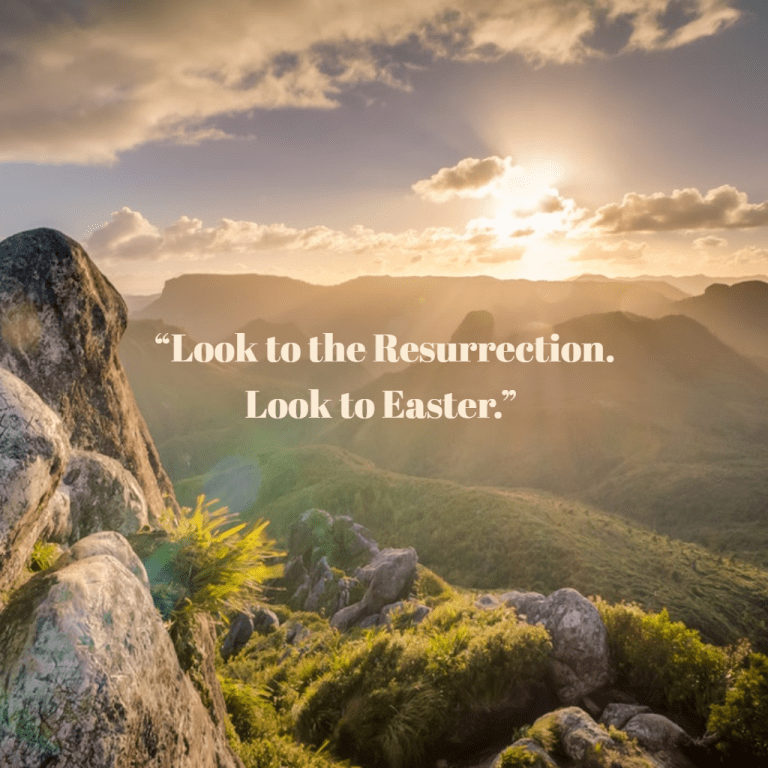
I will confess that every so often my faith wobbles. Is there really an afterlife? I wonder. We can’t prove it. Perhaps this is all a fictional construction, as the skeptics and atheists insist. And truthfully, supposing there isn’t an afterlife, what have I really missed in walking the Christian way? It has been a good, richly lived life. It has been a life not filled with the pursuits of consumerism or fame or accomplishment, but it has been a life of service, the exploration of truth and the discovery of beauty—all manifestations of the nature and character of God.
Fortunately, when these thoughts come every so often, they are waylaid by the theologian of the family.
“Look to the Resurrection. Look to Easter,” David Mains reminds me.
And I look to Easter, I look to the risen Christ, and my heart is turned toward faith. I will see loved ones again. We will enter into a heavenly Kingdom beyond imagining.
The whole impetus of the early Church was motivated by the reality of a Good Man giving His life for the sake of the world, facing a gruesome death, then rising again on the third day. Without the Resurrection, the Christian movement would have petered out with the first generation of Christians.
Theologian N.T. Wright says, “Jesus’ Resurrection is the beginning of God’s new project not to snatch people away from earth to heaven but to colonize earth with the life of heaven. That, after all, is what the Lord’s Prayer is about.”
Our Father, who art in heaven … Thy Kingdom come, Thy will be done on earth as it is in heaven.
But I also have other heavenly forecasters that surround me. These are the good people who have lived empowered lives, whose devotion and kindness and refusal to be captivated by sin, have made the Gospel real to me (and to thousands of others). Resurrection life already has colonized them before they have died and is made poignantly real when they die and we take time to count out how they affected us personally. Billy Graham and his colleagues, for instance. Mentors like Tom. Spiritual pioneers like Marilyn and her husband, Doug. The women in my Covenant Group who have been faithful to their callings and have not collapsed into moral errors. Geniuses in various fields, like Ronn Huff, who create gorgeous beauty and fought the good fight with bitter physical foes.
It has been my privilege to know these people and so when I wobble, just slightly these days, about the reality of an afterlife, I thank God for the resident theologian in our house who points me to the miracle of Easter. But I have also seen the good. Good men and good women without guile, purified by their very desire to be good, colonizers all.
I encourage you this Easter week to spend some time thinking about the good people who have been in your life—how heaven has colonized earth with them—and what they have done for you. Think of those who are still healthy enough but at the end of their lives, nearer to death than they have been. Count up the gifts they have brought to you. Make a phone call. If they live nearby, have coffee together.
“God reverses the typical human order. This world values power and might, rulers and thrones, wealth and possessions. God values humility, obedience and mercy. The proud will be humbled; the poor will be filled. … And in the birth, life, teachings and actions of Jesus, we see this truth on display. From the very beginning, Jesus was starting a revolution.” —James Bryan Smith
Most likely, sometime this year, you too will receive an invitation to a funeral. Look to the good that surrounds you this Easter. Remind yourself what it is like to live a life full of goodness, beauty and truth. Think of the impact of those good men and women you know. I promise this will fill your heart with Resurrection.
=====
Click here, to read more blogs on Patheos from Gospel for Asia.
Go here to know more about Gospel for Asia: Wiki | Flickr | GFA


